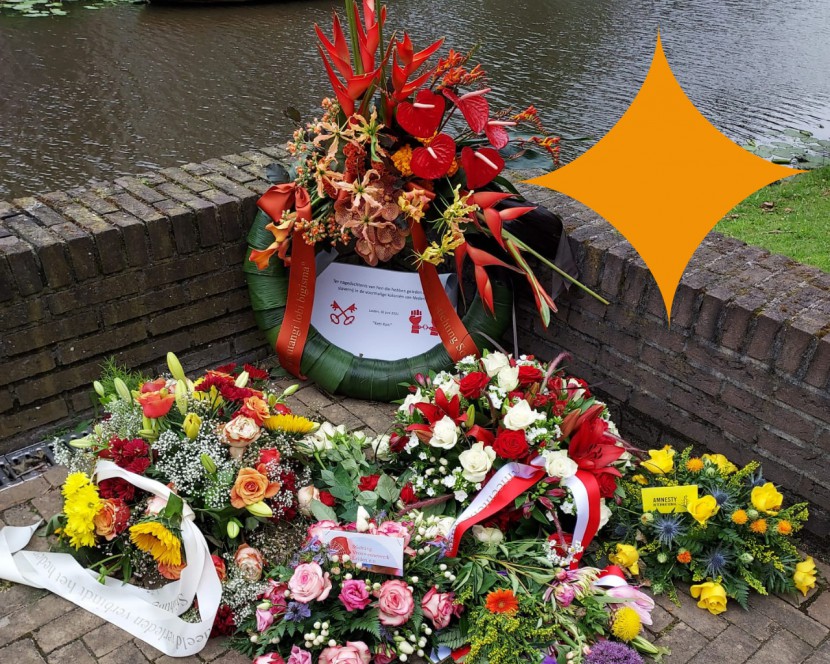Commemoration of the abolition of slavery in the Dutch Colonies
- Plein Museum Volkenkunde

Today we commemorate the abolition of slavery in the Dutch colonies, which was only 150 years ao. For some an event from the distant pastin a far-flung part of the world. But not for others, the people from the colonies or their descendants.
Today we commemorate the abolition of slavery in the Dutch colonies, which was only 150 years ao. For some an event from the distant pastin a far-flung part of the world. But not for others, the people from the colonies or their descendants.
We grew up with the stories and customs from that time. How different it was outside: the dark side of the past was ignored even denied.
Fortunately, things have changed. Our colonial past has become a subject for debate: in the media, in local politics, also in Leiden and even in parliament. However, the debate sometimes has a divisive rather than a uniting effect. For some, an merely positive view of the past defines their Dutch identity. But would we, people of the colonies, not be part of that identity? And would not this apply to all who have come to this country for many centuries to find work and freedom. People are generally not well acquainted with this history.
That is why we asked Dr Karwan J. Fatah-Black van de Universiteit Leiden to talk about 'Thorbecke's parliament, the end of slavery and citizenship in the colonies'. Afterwards, we will sing a song, lay a flower wreath and, according to the ancient African custom, we will bring a libation to all ancestors and tell them it is going to be all right.
The activity is in Dutch, but internationals are more than welcome to join.
Location: Museum Volkenkunde, Steenstraat 1, Leiden
Time: 16:00 - 17:00
Entry: Free of Charge. No registration necessary.
More information can be found here.